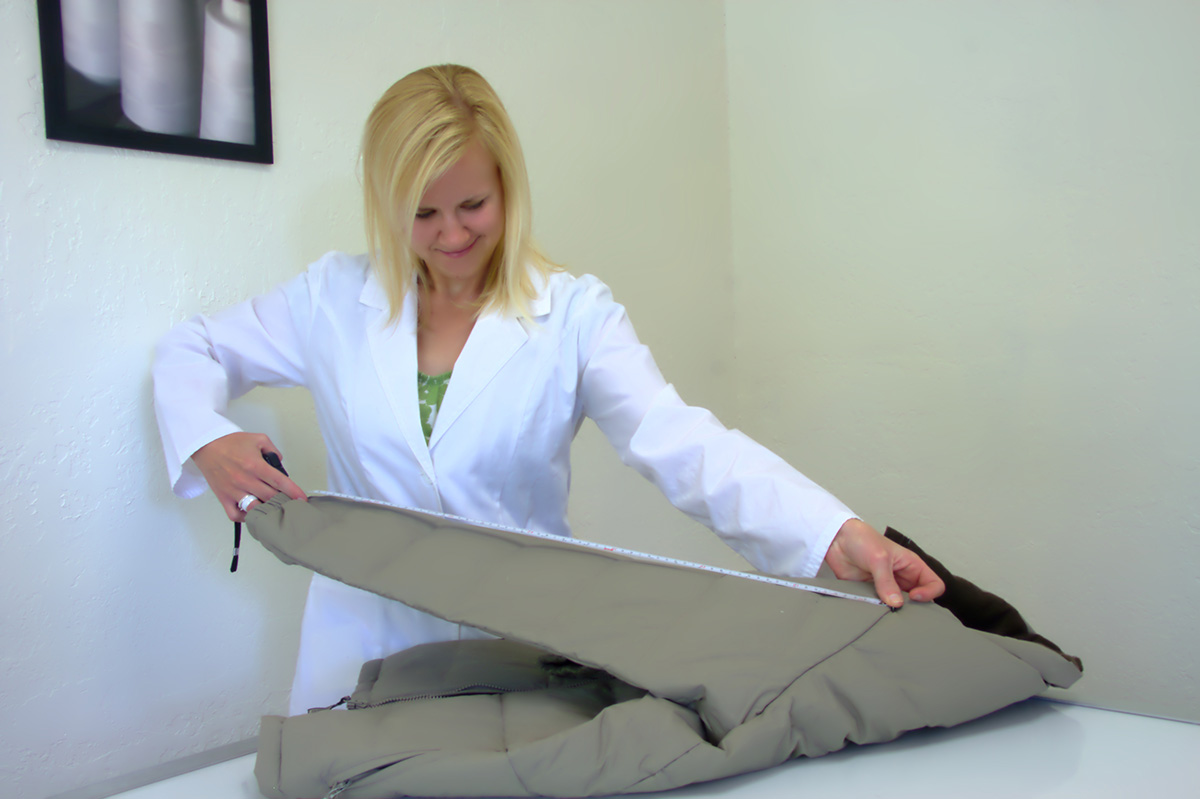TOG 和 CLO 量測

TOG
TOG(也有小寫:托格)是一種熱阻單位,用於測量布料、成衣、棉被等的隔熱力。產品的熱阻(TOG 值)是透過測量測試樣品上的溫度下降,並與已知材料在相同條件下的性能進行比較來確定的。
當熱量流經物品時,物品的 TOG 值等於其兩面溫差的十倍(攝氏度),單位為每平方米 1 瓦特。
描述紡織品隔熱特性的 TOG 系統起源於 1960 年代的 Shirley 研究所,並設計了 Shirley Togmeter 用於測量隔熱值。如今,該系統已被廣泛使用,尤其是在羽絨被的評級方面。
CLO
CLO (also in lower case: clo) is the measure of the ability of an insulation to keep you warm. The CLO unit is mainly used for clothing and is defined as the amount of clothing required by a resting subject to be comfortable at a room temperature of 21GC (70GF), a relative humidity <50% and an air movement of 20 ft/min (0.61 m/min).
CLO 和 TOG
J.R. Mather 的 "Climatology:Fundamentals and Applications" [1974] 將 CLO 和 TOG 定義為「測量衣物隔熱值的單位」。
CLO 定義為衣服的隔熱值,即在布料溫度梯度為 0.16 攝氏度時,每平方米可容許 1 kgcal 的熱流。
TOG 也描述了衣服的熱阻
1tog = 0.645clo 1clo = 1.5tog
Hutchinson 百科全書:
一件輕便的夏裝提供 1 TOG。
其他來源:
一件普通羊毛輕便夏季商務西服的隔熱值約為 1 CLO。
羽絨被規格:
4 - 5 TOG 適合夏季使用
6 - 10.5 TOG 適合春/秋季使用
11 - 12 TOG 適合保暖性稍高的人
12 TOG 以上適合寒冷的冬夜使用
